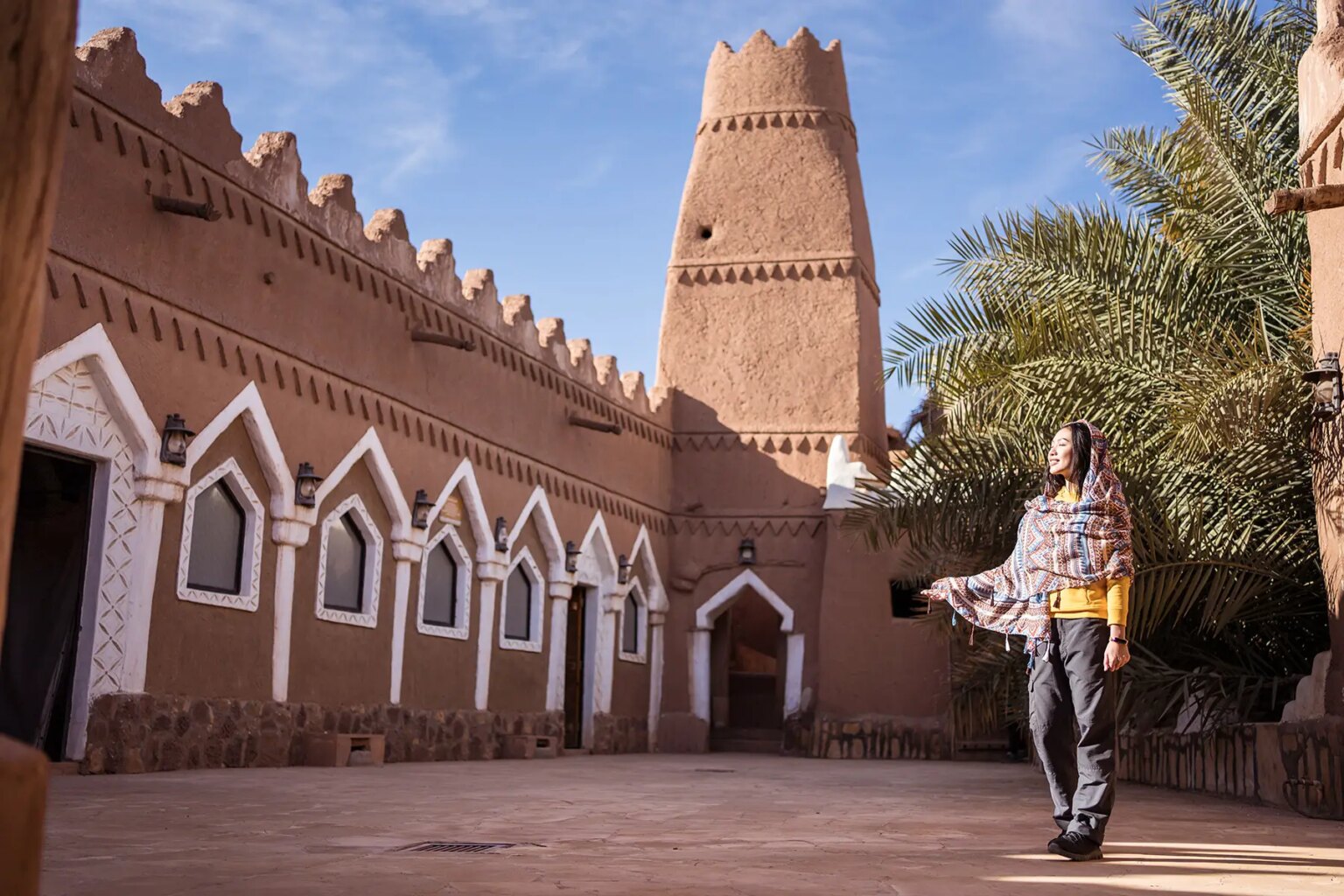Saudi Arabia is a country of extremes. From its extreme climate to its extreme wealth, it can be disorienting to get used to life in the Kingdom as an expat. This is especially true when you remember that Saudi Arabia has some of the strictest cultural practices and drug and alcohol laws in the world; something that foreigners must keep in mind. That said, your first few days won’t be as intimidating as you think. And we’re here to walk you through the 10 things you should do during your first week in Saudi Arabia.
Airbnb
Looking for a home away from home in Saudi Arabia? Airbnb is a global online community offering accommodation and experiences. They have a selection of over 6 million unique properties available through their secure booking service. So, if you need somewhere to stay in Riyadh, Airbnb has the right short-term let for you.
1. Find your new home
Ideally, you will have already organized your accommodation before you arrive in Saudi Arabia. Most expats choose to live in expat-friendly compounds, which are full of familiar amenities and follow more relaxed social norms. This can help make the transition into Saudi life a lot easier for them. It is also common for job offers in Saudi Arabia to include accommodation. However, if yours doesn’t, or if you have to wait a few weeks before you can move into your new home, you might want to consider renting a furnished flat, an extended-stay hotel, or even an Airbnb.
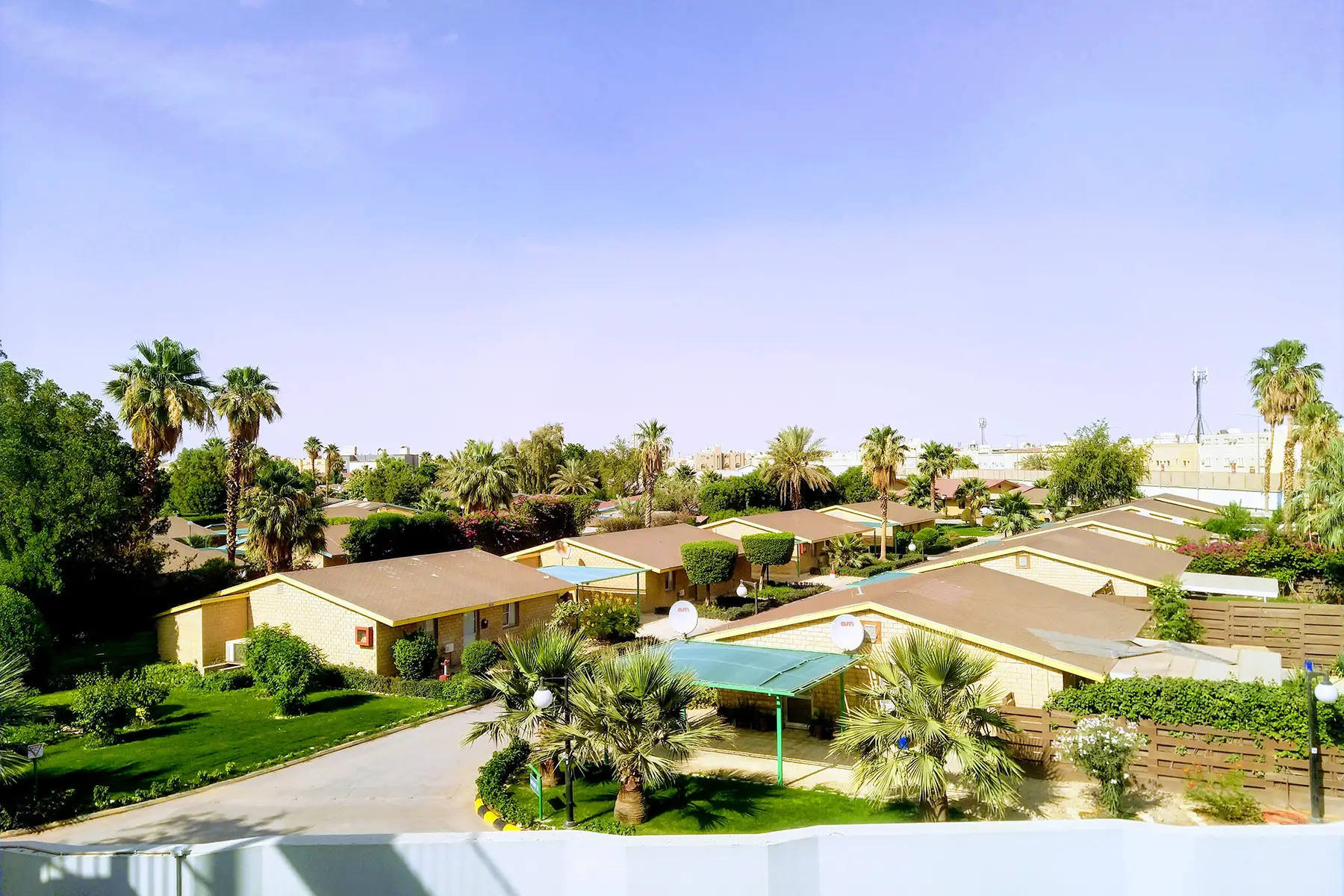
Those looking to rent accommodation longer-term, on the other hand, can find useful information in our article on renting in Saudi Arabia. If you would like to buy a home, you can also read up on getting a mortgage in Saudi Arabia.
2. Register as a resident in Saudi Arabia
Your employer is responsible for sponsoring your work permit and overseeing the application process for you. Once you have arrived in the Kingdom, they have 90 days to complete the remaining paperwork and obtain your Iqama. This is an official identification document that serves as both your residence and work permit. Therefore, you should always carry it with you.
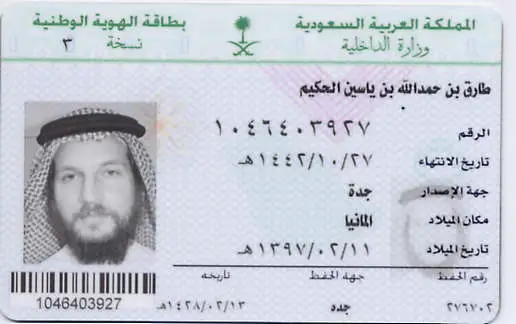
During this time, you will need to complete a medical exam at an approved medical center, to confirm you are in good health. As Saudi Arabia has no social security system for foreigners, you don’t need to worry about enrolling in any social security schemes.
3. Find and register with a doctor
As an expat, you must have private health insurance if you want to live and work in Saudi Arabia. But the good news is that your employer is responsible for arranging this for you as part of your benefits package. While you are waiting for your health insurance card to arrive, however, it is important to do some research on primary care doctors and find one that suits you. Of course, if you don’t speak Arabic, then you will want to find a doctor who speaks your language. This is where asking for recommendations in local expat circles can really help.

Once you have received your insurance documents, you can register with your preferred clinic. Just bear in mind that registration procedures can vary, so be sure to ask them. It is also wise to save the local emergency numbers on your phone, in case you ever need to call the police, paramedics, or even the water company.
4. Open a bank account
Although most places in Saudi Arabia accept credit and debit cards, it is useful to have your own bank account in order to withdraw the local currency. Fortunately for expats, banking in Saudi Arabia is fairly straightforward. You will need the expected documents such as your passport and your Iqama to open an account and you will need to do this in person. You will also need a no-objection letter, issued by your employer, that states your monthly salary. Once your bank account is set up, your salary will be deposited directly into your account.
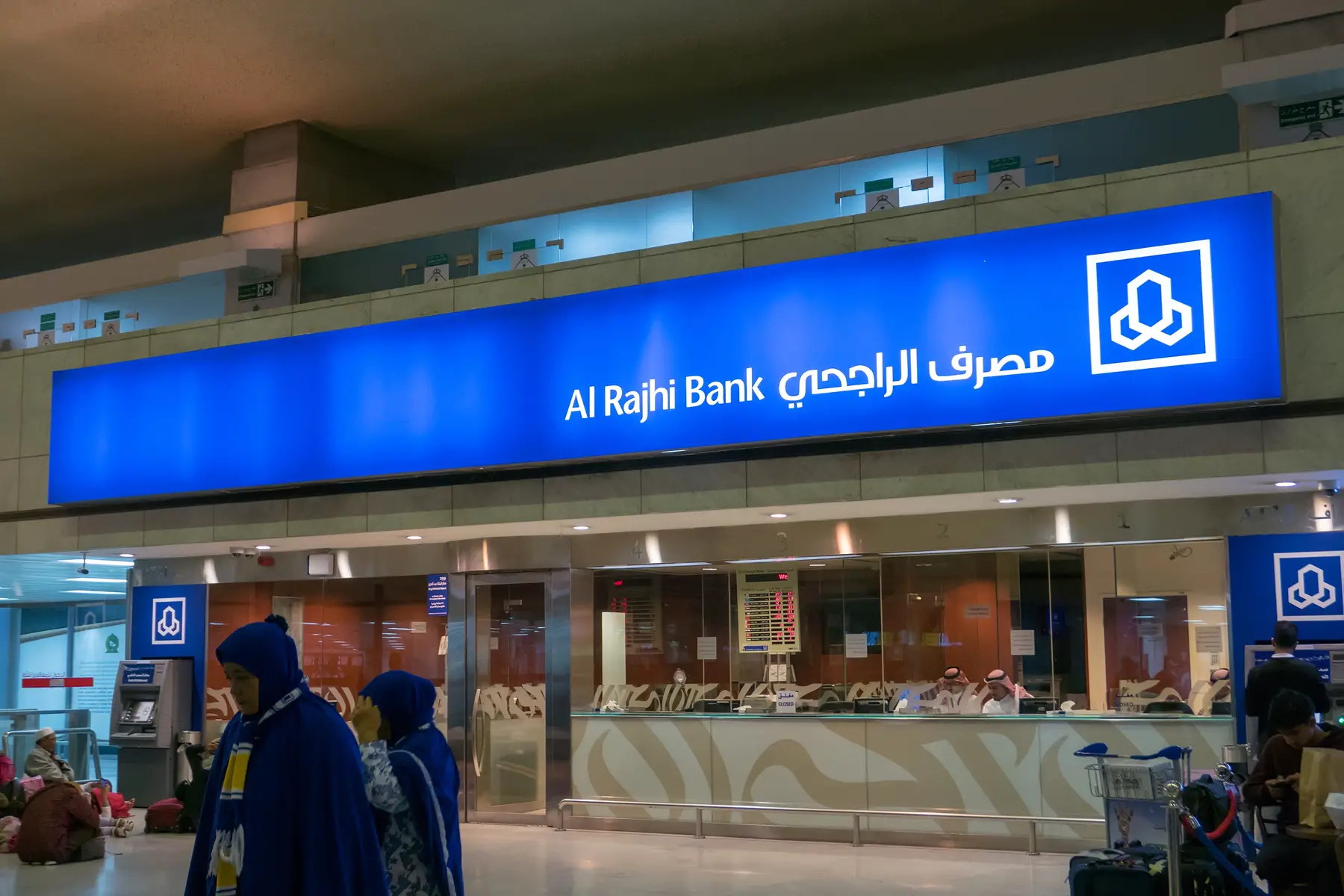
Notably, digital and mobile banking is on the rise in Saudi Arabia, and most banks have apps through which you can manage most of your banking needs. You can read more about this in our article.
5. Get a SIM card
You shouldn’t have any problem getting a SIM card in Saudi Arabia and you can even buy one upon arrival at the airport. You can also buy them from individual stores, individual mobile providers, or online. If you still have an active phone plan from another country, you may be able to continue using your phone while it’s on roaming mode. However, this will depend on who your carrier is and what their policies are.
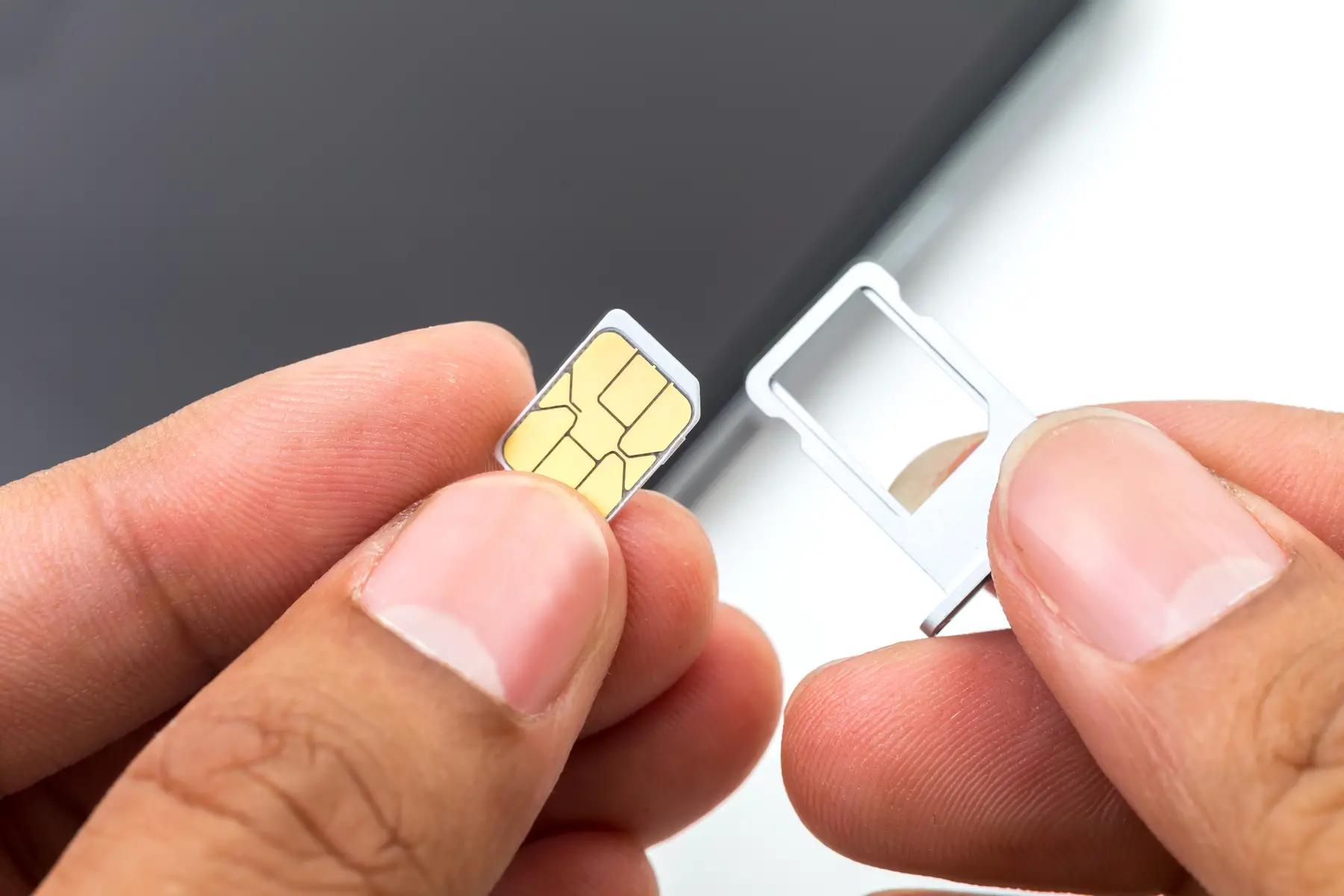
Still, it is much more affordable to simply buy a local Saudi SIM card. Having a local phone number will also make life much easier in the long run. Fortunately, you don’t need to buy a brand-new phone in order to get connected. As long as your device is unlocked, you should be able to pop your new SIM card in and use your phone as normal.
6. Find a job
Most expats who arrive in Saudi Arabia already have a job there. In fact, it wasn’t until September 2019 that the Kingdom even offered tourist visas for those who didn’t. Therefore, the process of finding a job in Saudi Arabia will most likely happen months before you board the plane. If you are looking for a new role while living in Saudi Arabia, however, you can search our jobs portal to see what is available.

Unsurprisingly, oil and gas are the most common industries for expats. However, because so many highly technical jobs in the Kingdom are filled by international talent, you can also find work in construction, healthcare, education, and IT.
7. Sort out your transportation
When it comes to getting around Saudi Arabia, there are several options to choose from. In larger cities like Riyadh and Jeddah, you’ll find a solid intercity bus infrastructure that can take you through most parts of the city. This can be a relief for those who aren’t ready to drive in the Kingdom yet. Taxis are also very widespread throughout Saudi Arabia and are very straightforward to hail and use. Uber is also available in various cities, as well as a local Middle Eastern ride-sharing company called Careem.
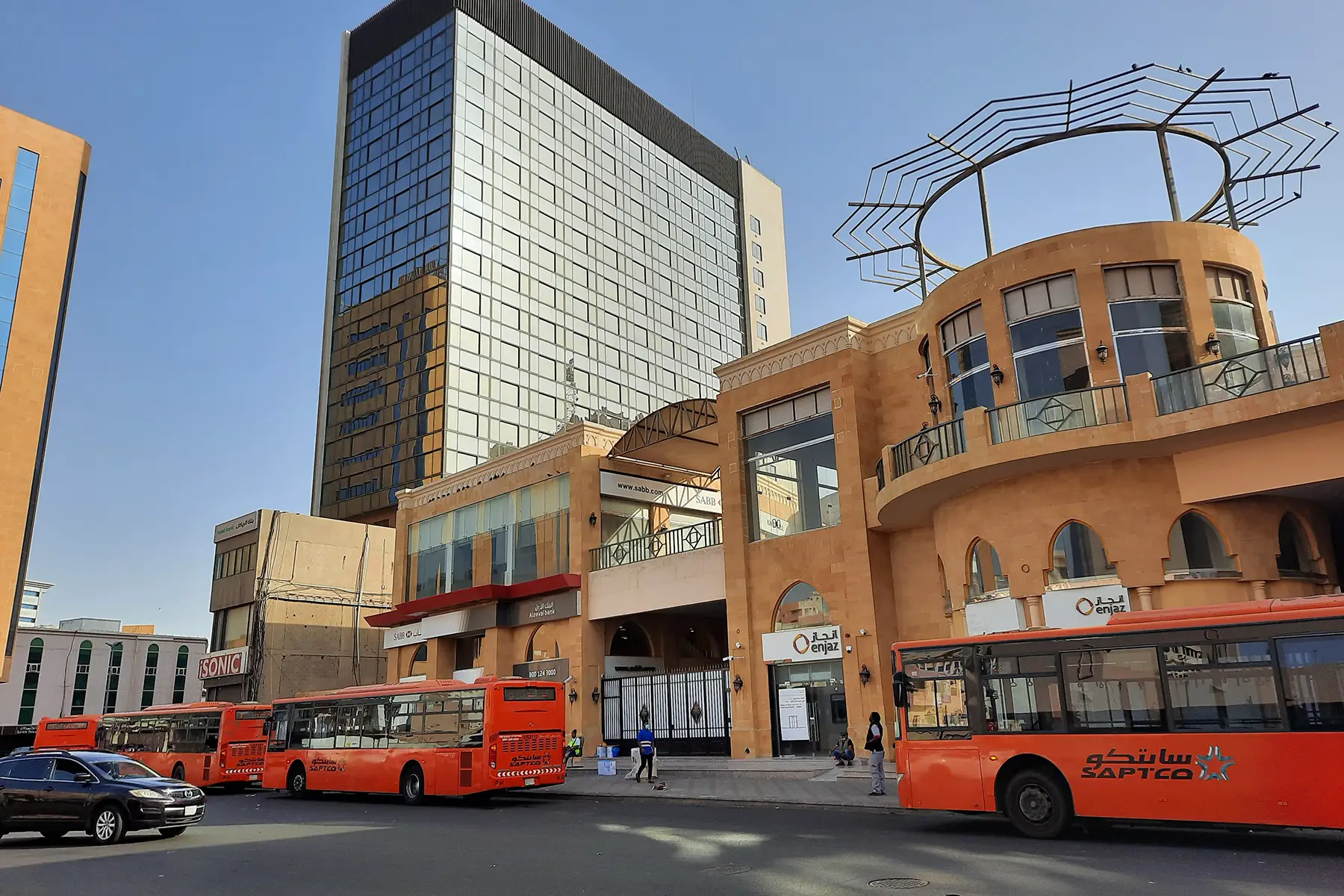
That said, most expats choose to drive in Saudi Arabia because gas is cheap and it allows them more freedom. Depending on your needs and preferences, you can choose to buy a car or rent one long-term. Fortunately, many expats don’t need to apply for a new driver’s license and can simply exchange their home-country license for a Saudi one. Once you’ve got everything sorted, make sure you’ve read up on the local driving laws and understand the road safety regulations.
8. Set up your home utilities
Once you have moved into your new home, you will want to set up your utilities. Fortunately – or unfortunately – certain utilities in Saudi Arabia have only one provider, so you won’t need to do too much research. For electricity, you will need to sign up with the Saudi Electricity Company by using their online portal, Hesabi. To connect to gas, you will need to request tank installation from Gasco. Meanwhile, water is organized by the National Water Company, so you can make a request online or manage your bills through their app.
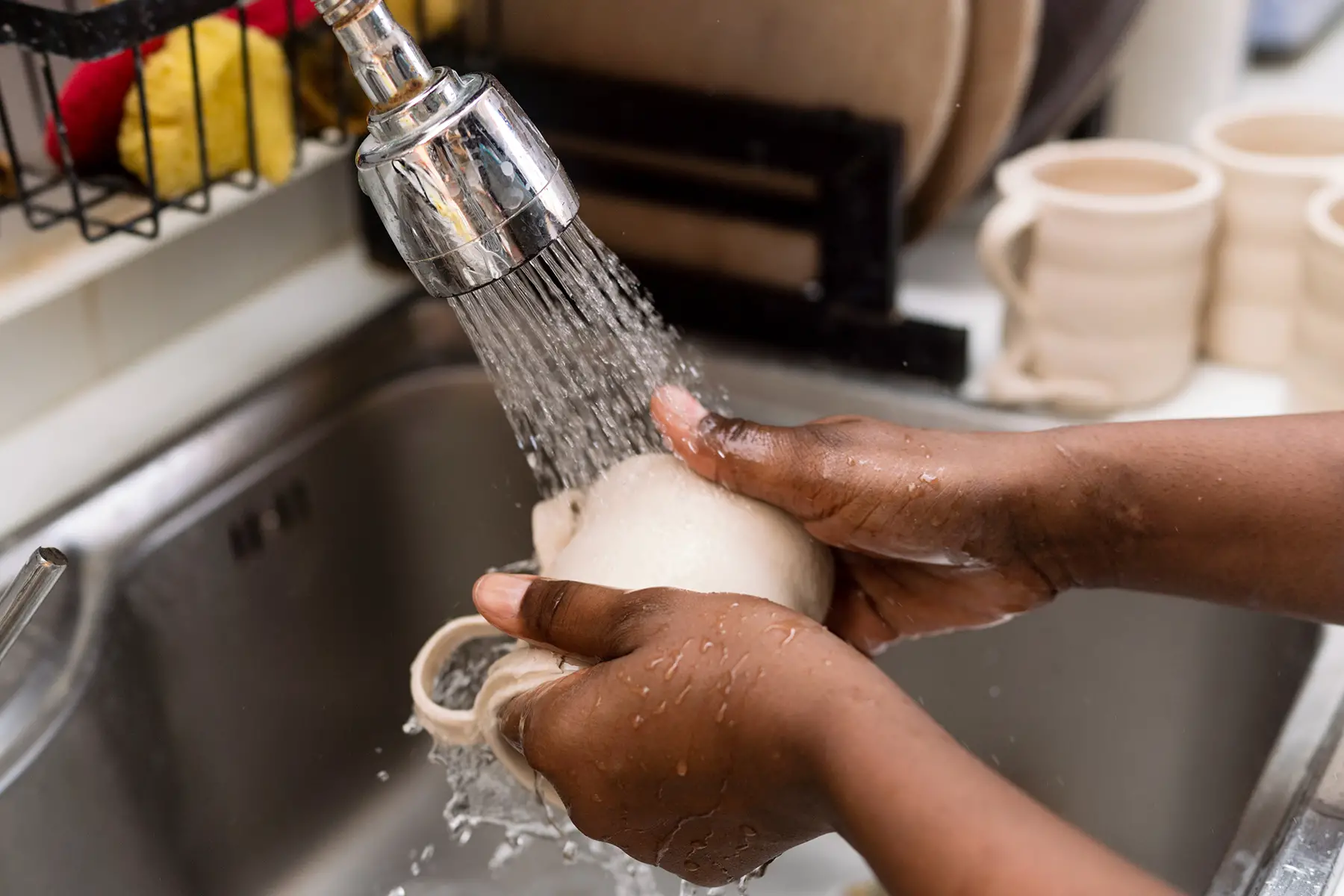
The major internet providers in Saudi Arabia are Mobily, STC, and Zain. Of course, it’s a good idea to do some research on the different rates and coverage they provide before you choose one.
9. Enroll your children in school
After moving to Saudi Arabia, it’s important to get your children settled into their new life as quickly as possible. This includes arranging daycare and finding the right school for them to attend; whether it’s a primary or secondary school. As spots at the top schools tend to fill up fast, it’s wise to get a head start and contact the schools directly to find out how quickly you can enroll your child. Of course, it’s also a good idea to familiarize yourself with the education system in Saudi Arabia.

Notably, most expats choose to send their children to an international school as the language of institution and curriculum can match that of their home country. This also makes it easier for children to transition back to education, should they leave the Kingdom. That said, learning a few words Arabic words and phrases can still add some richness to their life, as well as your own. This will also give you a better understanding of the local culture and may even help you navigate Saudi bureaucracy. If you live in Riyadh, Arabius offers both online and in-person classes. Meanwhile, there are several courses on offer at King Abdulaziz University in Jeddah.
10. Get out and enjoy Saudi Arabia
As you begin to settle into life in Saudi Arabia, make sure you set aside some time to get to know your new home. This might include exploring the Kingdom’s rich cuisine, heading to one of the unique festivals, or checking out the best family-friendly attractions. Quad biking across the sand dunes, anyone?

Alternatively, you could spend a relaxing weekend at the beach or enjoy some English-language entertainment at the cinema or theatre. Whatever you feel like doing, there’s plenty of fun to be had in the Kingdom.
Useful resources
- Saudi Arabian Ministry of Interior – provides more information about getting an Iqama
- Ministry of Education – provides an overview of the school mapping system to help you decide on the best schooling for your child
